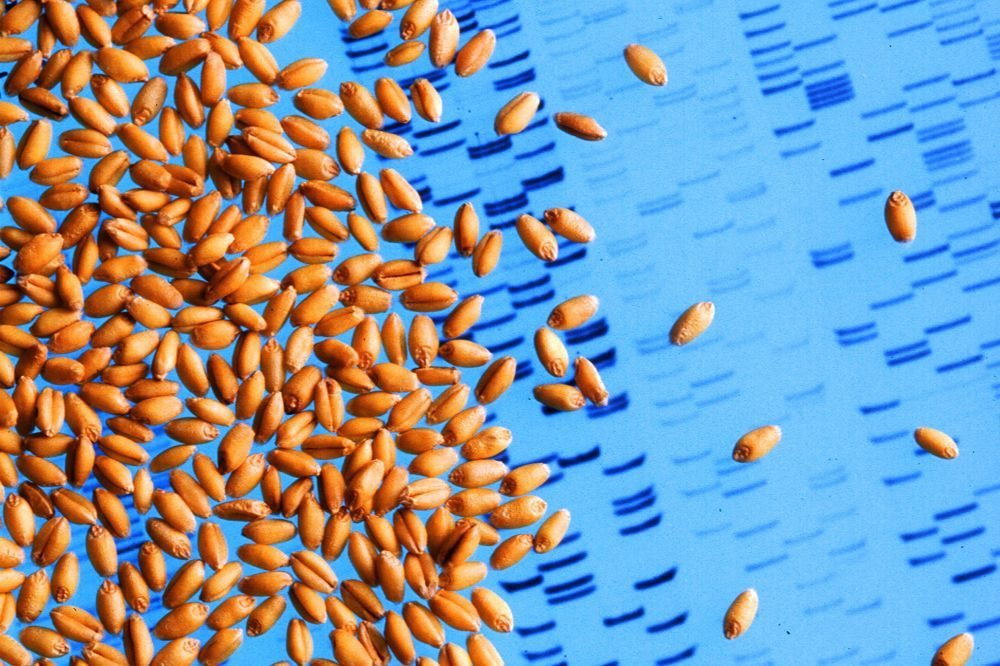It’s no secret that the cereal sector has had a tough time trying to convince growers to purchase certified seed, but companies such as C+M Seeds are actively making their case.
Palmerston, Ont.-based C+M, during its annual Red Wheat Industry Day on Thursday, brought growers an extensive breakdown of updated plant breeders’ rights (PBR) in Canada and the implications for farmers and downstream users.
Patty Townsend, outgoing CEO of the Canadian Seed Trade Association and a last-minute stand-in for Lorne Hadley of the Canadian Plant Technology Association, spoke on PBR91, the amended PBR directives that went into effect Feb. 27.
Read Also

Pea, lentil outlooks have some positive signals – Penner
As pulse growers consider what to plant this spring, Chuck Penner of Leftfield Commodities Research said there is some optimism in the Canadian pulse market. Penner gave a presentation at the Saskatchewan Pulse Growers meeting in Swift Current on Feb. 4.
Townsend highlighted the specifications outlined in the new PBR91 guidelines relative to those laid out in the PBR78 directives, and what’s at stake in terms of the use of so-called bin-run or farm-saved seed at the farm level and in research and development investment.
The use of bin-run is repeatedly cited as an impediment to attracting investment in plant breeding for cereals in Canada. With PBR91, the liabilities for using bin-run or farm-saved seed are reaching farther from the farm, to other on-farm participants, as well as local elevators, grain-handlers and downstream users.
Townsend ran four different quizzes to test the audience’s understanding of the regulations, from the mere use of bin-run, which remains legal on a grower’s own farm, to the trade of seed for services rendered, which is illegal.
In her outline of the changes, she noted increased investment in the development of new varieties has taken place around the world, including in France, Argentina, China and Poland, following the adoption and implementation of PBR.
In Argentina, she said, the release of new varieties doubled in 10 years. In China, that number increased by 300 per cent in just five years. And the benefit, aside from reinvestment of funds into development of new varieties, is increased yields for growers.
Entrenching the PBR91 guidelines in Canada, Townsend said, also increases the confidence of plant breeders for investing in Canadian R+D work.
“It also gives international plant breeders confidence to send varieties to Canada,” she said.
Under the heading of “Best Practices” and to underscore the bottom line on PBR91 directives, Townsend said that whether you’re a farmer, a grain elevator operator, retailer or downstream user, “know what you’re buying and know who you’re dealing with.”
Townsend is stepping down as CEO of the CSTA and will be replaced by Grain Farmers of Ontario’s vice-president for strategic development, Crosby Devitt, effective July 27.
The C+M event also featured the unveiling of the company’s new Brasetto rye, the first hybridized cereal in Ontario. Growers who have planted it have seen yields increase by between 30 and 100 per cent, the company said.
Although there may be some “sticker shock” on the pricing of the seed, C+M’s Rob McLaughlin said he’s confident he’ll have growers lining up to sign on for premium contracts he’s expecting to see with millers and distillers.
— Ralph Pearce is a field editor for Country Guide at St. Marys, Ont. Follow him on Twitter at @arpee_AG.















